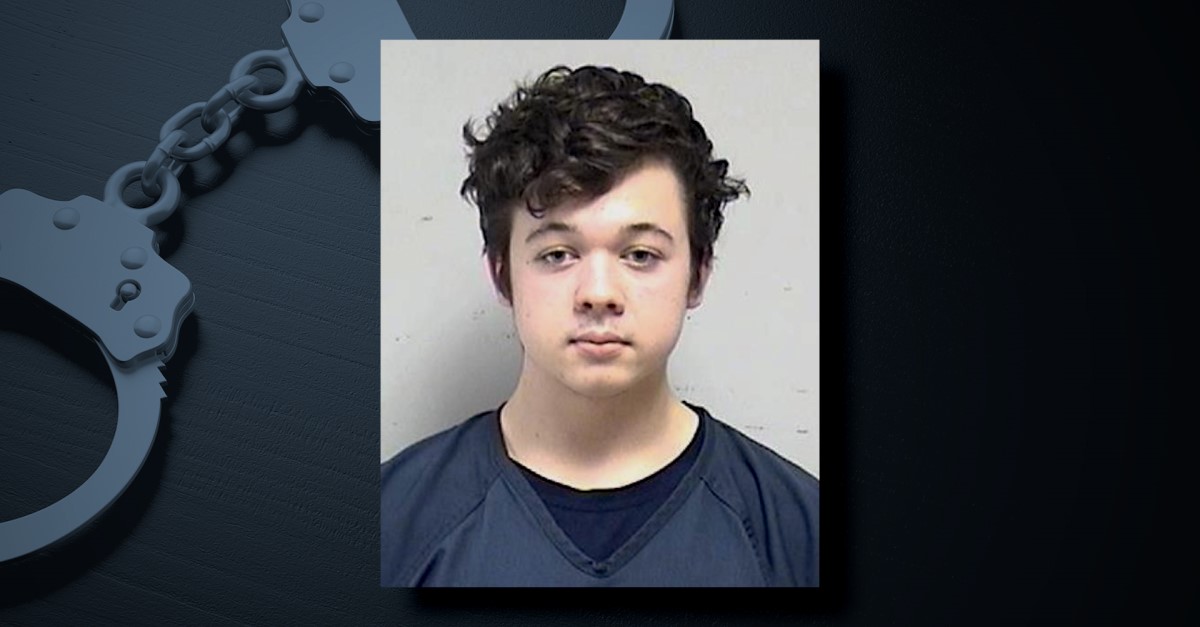
Kyle Rittenhouse
In the wake of President Donald Trump presidential pardon spree for political allies and the well-connected on Tuesday evening, social media users began speculating about the possibility that the president would also be granting clemency to Kyle Rittenhouse, the Illinois teen drove across state lines in August and killed two men in Kenosha, Wisconsin. As several attorneys went on to point out on Twitter, however, the presidential pardon power extends only to federal crimes and the 17-year-old Rittenhouse does not face federal charges.
The rumors appear to stem from a misunderstood joke tweeted by a Black Lives Matter activist Wednesday morning.
“BREAKING: Donald Trump plans on granting a full pardon to the Kenosha killer Kyle Rittenhouse,” stated the tweet, which had been shared thousands of times in just a few hours.
The Washington Post’s Paul Waldman made a similar mistake, tweeting, “How much you want to bet Kyle Rittenhouse gets a pardon? I’d put the odds at 95%.”
Rittenhouse traveled to Kenosha amid protests over the police shooting of Wisconsin man Jacob Blake, where he joined a number of armed individuals who claimed to be protecting local property from possible rioters. The teen then used a rifle to shoot three people, killing two—Anthony Huber, 26, and Joseph Rosenbaum, 36..
Extradited from Illinois to Wisconsin in October, Rittenhouse faces six state charges including, first-degree intentional homicide, first-degree reckless homicide, two counts of first-degree recklessly endangering safety, attempted first-degree intentional homicide, and possession of a dangerous weapon by a person under the age of 18. Rittenhouse’s attorneys plan to argue that their client was acting in self-defense.
The president’s pardon power is enshrined in Article II, Section 2, Clause 1, of the U.S. Constitution, also referred to as the Pardon Clause. The clause states that the president “shall have Power to grant Reprieves and Pardons for Offenses against the United States, except in Cases of Impeachment.” And while the president’s authority to pardon is generally viewed as extremely broad and virtually unrestricted, the power can only use in relation to federal crimes, not state crimes.
This is the same reason that the president cannot prevent Manhattan District Attorney Cyrus Vance from pursuing a tax fraud investigation by pardoning himself—an investigation that is “significantly escalating,” according to recent reports. Self-pardons are an entirely different, more complicated, and never litigated issue, though many legal scholars seem to think it would be unconstitutional.
[image via Kenosha Co. Sheriff’s Dept.]